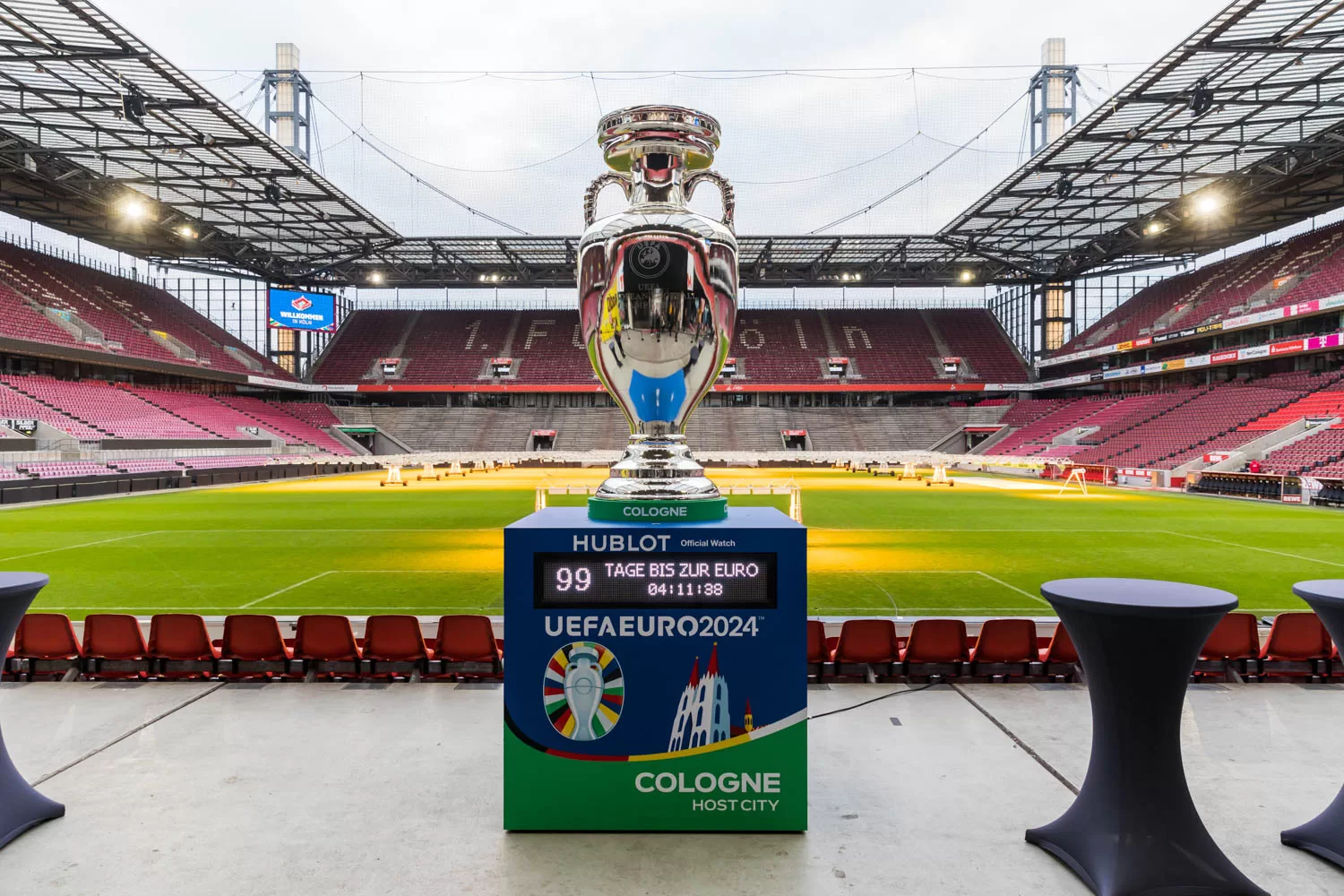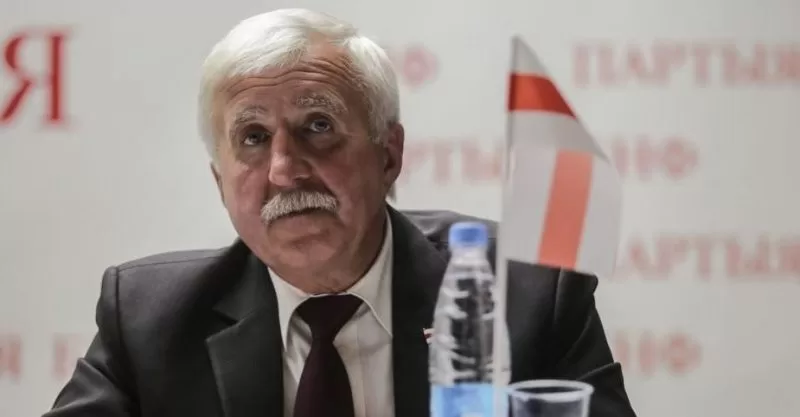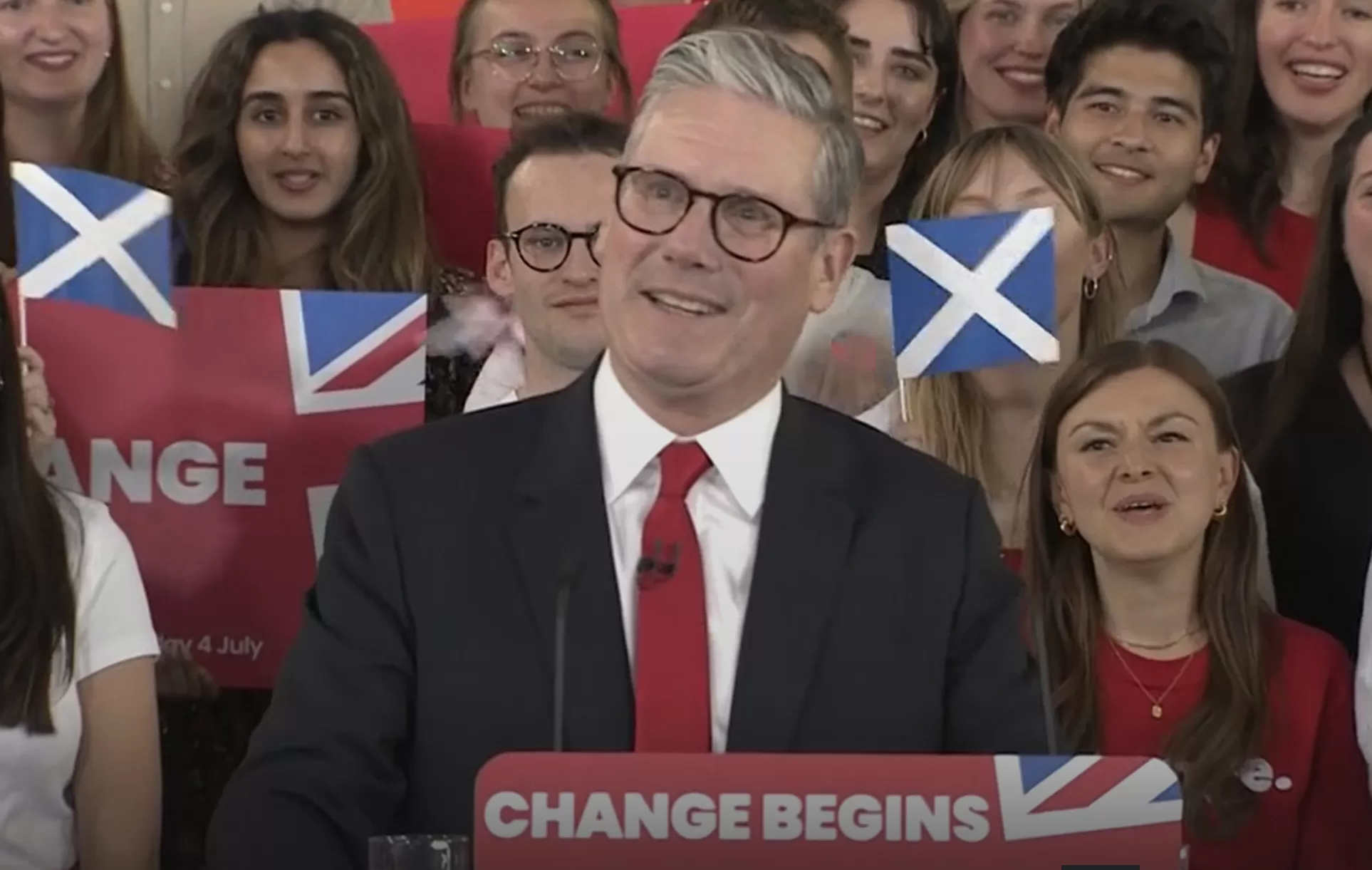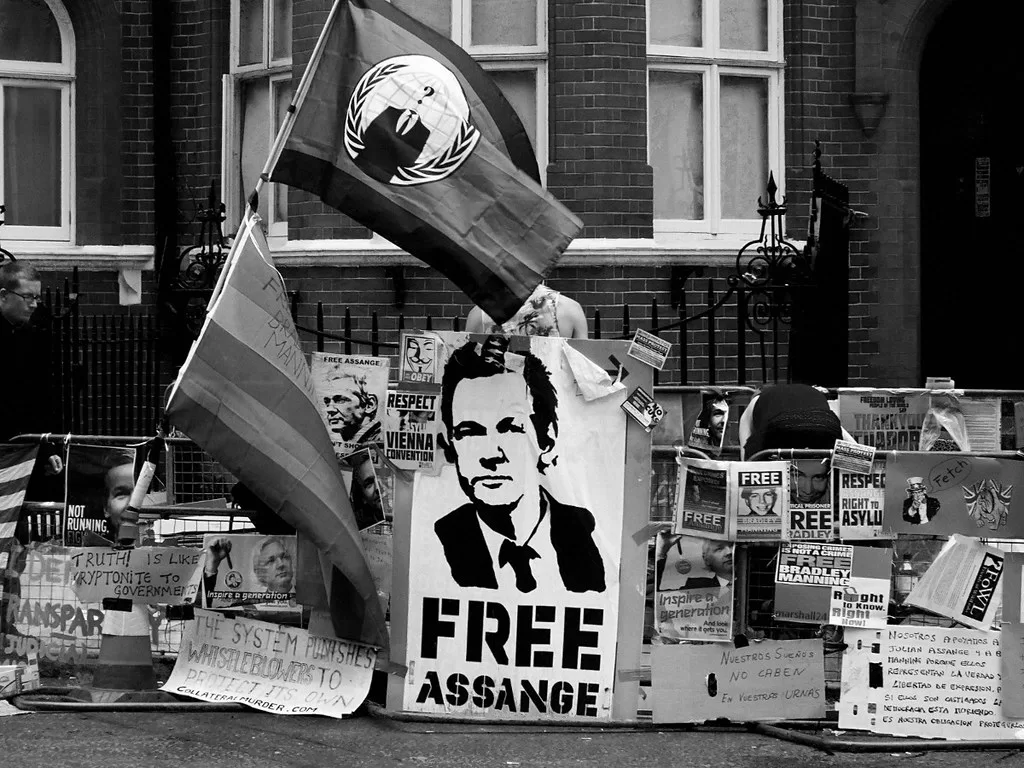Following the controversy of the 2022 World Cup when organising body FIFA faced major criticism over the decision to hold one of the biggest sporting events on the planet in Qatar, a state with a terrible record on human rights, governing body UEFA have attempted to steer clear of any politics whatsoever at this summer’s European Championships.
This year’s competition – which is currently ongoing – has stressed a message of unity, togetherness and inclusion, with UEFA being determined to avoid the negative press garnered by FIFA two years ago by remaining tight-lipped on political issues.
However, no matter how hard you try, politics cannot be removed from football. A number of issues related to freedom of speech have given UEFA headaches during the tournament, showing that censorship can be experienced anywhere, even when you try to avoid it.
One of the most significant examples of free speech being curtailed at the Euro 2024 was the case of Kosovan journalist Arlind Sadiku, who was barred by UEFA from reporting on the remainder of the tournament after he aimed an Albanian eagle sign towards Serbia fans during a broadcast.
Kosovo, Sadiku’s home state, has a population made up of 93% ethnic Albanians and the countries have a strong connection. Serbia does not recognise the independence of Kosovo and there is a history of conflict between the two nations, with relations remaining tense since the end of the brutal Kosovo War in 1999. The eagle symbol made by Sadiku represents the one on Albania’s flag and was deemed by UEFA to be provocative.
Sadiku told the Guardian: “People don’t know how I was feeling in that moment because I have trauma from the war. My house was bombed in the middle of the night when I was a child.
“I know it was unprofessional from a journalist’s perspective, but seeing my family in that situation was traumatic for me and I can’t forget it.”
The conflict between Serbia and Kosovo has caused free speech issues in sport before. In 2021, a Kosovan boxing team was denied entry to Serbia for the AIBA Men’s World Boxing Championships. It was a similar story at the European Under-21 Table Tennis Championships in 2022, which were held in Belgrade, as Kosovo athletes were once again not permitted to participate by Serbian authorities.
Even in football this has been a long-standing issue. At the 2018 World Cup, Swiss duo Xherdan Shaqiri and Granit Xhaka were charged by FIFA for each making the eagle salute after scoring against Serbia for Switzerland. They were each fined £7,600 for their celebrations.
Granit Xhaka’s father spent more than three years as a political prisoner in Yugoslavia due to his support for Kosovan independence and Xherdan Shaqiri came to Switzerland as a refugee and couldn’t go back to visit his family due to the war. Such context was again not enough to mitigate the players’ actions according to FIFA.
Of course, there is an argument to be made that the symbol made by Sadiku, Shaqiri and Xhaka was incendiary and risked provoking aggravation among fans, which could potentially be a safety hazard. However, if those who have personally experienced persecution are then punished when making a peaceful protest, then there is surely no room for any dissent in sport at all.
Many of the other conversations around free speech at Euro 2024 have been centred around nations in the Balkans.
Jovan Surbatovic, general secretary of the Football Association of Serbia, suggested that the country may withdraw from the tournament completely due to hate chants he claimed were made by Croatia and Albania fans. Serbia themselves have been the subject of a number of complaints – they were charged by UEFA after supporters unveiled a banner with a “provocative message unfit for a sports event”, while the Kosovo Football Federation also lodged a complaint about their fans spreading “political, chauvinistic, and racist messages” declaring their supremacy to Kosovo. One Albanian player, Mirlind Daku, was banned for two games for joining in with fans’ anti-Serbia chants after their draw with Croatia.
When nations have such complex relationships and history outside of football it can easily spill out on the pitch. The heightened emotion and passion of sport makes for a compelling watch, but can also increase tensions between nations. In such a convoluted context it is sometimes difficult to know where to draw the line between the right to free speech and the protections against hate speech.
Global conflicts have thrown up more sticking points – when calls were made for Israel to be barred from competing at Euro 2024 due to their ongoing bombardment of Gaza – which has killed more than 37,000 Palestinians – in response to the 7 October attacks by Hamas, UEFA refused. Niv Goldstein, chief executive of the Israel Football Association, told Sky News: “I am trusting Fifa not to involve politics in football. We are against involving politicians in football and being involved in political matters in the sport in general.”
This doesn’t quite match up with the fact that UEFA banned Russia from the competition soon after their invasion of Ukraine, demonstrating the difficulties in finding where to draw the line when attempting to regulate political speech and expression in football. UEFA were spared the headache of dealing with further protest at the tournament after Israel failed to qualify.
Similar issues were raised when German authorities ruled that only flags of participating teams would be allowed into stadiums, which was widely seen as an attempt to avoid potential conflict over Palestine and Israel flags being displayed, but which raised concerns that it would limit support for Ukraine. Blanket bans are often difficult to reconcile with the idea of free speech.
Football can’t ever be fully separated from politics. Just look at the case of Georgian MP Beka Davituliani, who weaponised the country’s shock victory against Portugal in his attempt to roll back on human rights, stating that the country needed defending from so-called LGBTQ+ propaganda like Giorgi Mamardashvili defended his goal. For the most part, fans and players have been able to express themselves freely, but we have a duty to highlight any issues when they arise – and unfortunately, at this summer’s tournament, they have.





